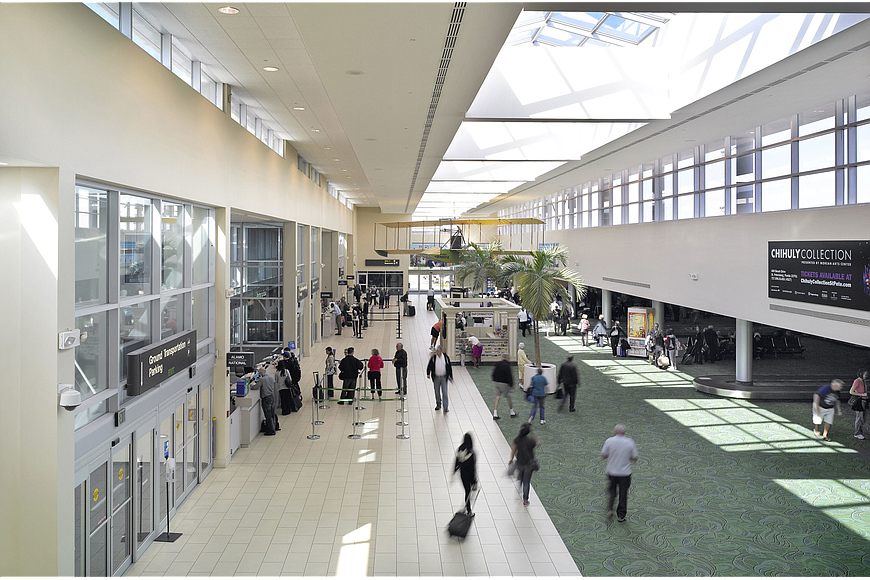- December 13, 2025
-
-
Loading

Loading

The pandemic placed a strain on travel in general.
But after more than a year, leisure and personal travel levels are spiking off the charts. Planes are full. Resorts and restaurants are packed again, So what’s going on with business travelers?